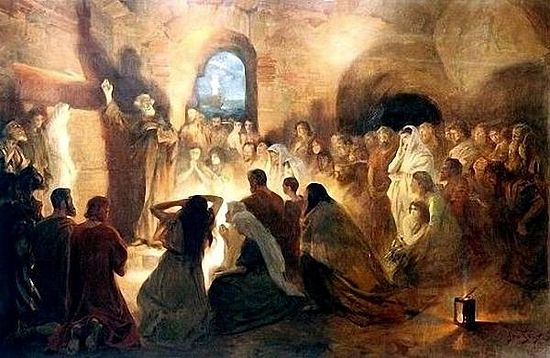Istorima is a newly established nonprofit organisation that is dedicated to creating a vast archive of Greek oral histories, as well as re-emerge it as a tool for modern Greek historiography.
At the heart of the initiative lies a cross-generational dialogue: 1,500 young researchers under the age of 35 will receive training in oral history methodologies and will then travel across Greece gathering more than 50,000 oral recordings from the country’s elderly population – rescuing their stories from extinction. The recordings will then be curated and compiled in a large archive that will be made accessible to researchers as well as the general public.
Istorima estimates that it will take up to four years to complete the recordings and is currently on the lookout for new researchers who will be employed under temporary contracts. The first wave will soon travel to the Peloponnese to scout out stories in the area and record them. The region of Attica will come next, in March, and after that, gradually every region, city, village and islet of Greece will follow suit.
Istorima is the product of a collaboration network, carried out with assistance of a donation from the Stavros Niarchos Foundation as part of its Youth and Empowerment Initiative. Its program design and methodology are being aided by the Simon Fraser University in British Columbia, Canada.
Behind the project’s inception are two notable women: Greek journalist Sofia Papaioannou and New York University’s provost and established historian Katherine Fleming. Sofia Papaioannou’s book, “Greece – A Jewish History,” was based largely on oral interviews with members of the Jewish diaspora who fled Greece during the Second World War under atrocious circumstances.
Sourced by: Ekatherimi
